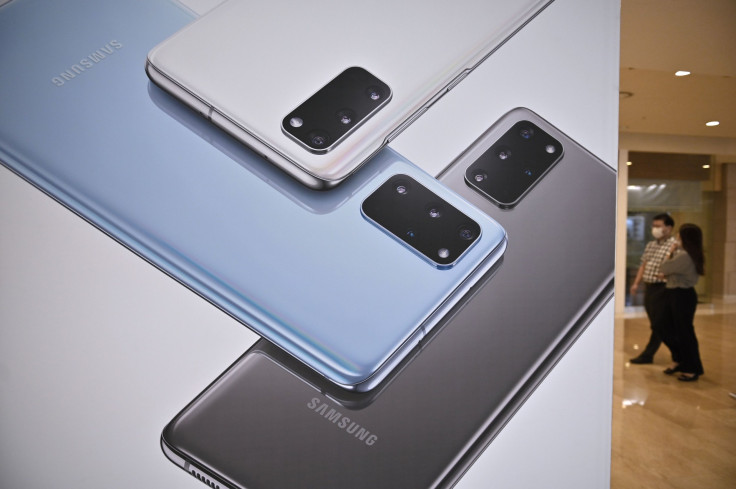Samsung could be following the lead of Apple as far as adding more features to its smartphone line. One of them is connected to satellite communications and it appears one could be in the works for its Samsung Galaxy S23 line.
After Apple revealed its Emergency SOS feature that works with satellites for the iPhone 14 and iPhone 14 Pro thanks to its partnership with Globalstar, Samsung is now allegedly working with Iridium which would possibly give the Galaxy S23 family the same satellite communication capability.
For those who may not be aware, Iridium is a 66-strong Low Earth orbit satellite constellation that provides voice and data services.
Hence, Samsung could be on the verge of addressing this challenge of bringing satellite communications to smartphones – something they have been reportedly working on for the past two years.
Should they be successful, this hints that the Samsung Galaxy S23 line could give potential owners the ability to send text messages and small images through hundreds of kbps via satellite.
The huge challenge was to find a way to insert a miniature antenna that could be mounted on a regular smartphone without doubling its size, GSM Arena reported.
Also, it should be noted that if Samsung succeeds, this feature is not expected to take off in Korea because the land area is small and covered by 5G service.
Instead, this could reap success for Samsung if launched in other areas such as North and South America, Europe, Russia and China. This could work in these regions where infrastructure is not very well developed.
According to leaks, the Samsung Galaxy S23 will have a higher-binned version of Qualcomm’s Snapdragon 8 Gen 2 chipset. The flagship device is expected to officially launch by the first week of February 2023 according to a Korean publication.

© 2025 Latin Times. All rights reserved. Do not reproduce without permission.



